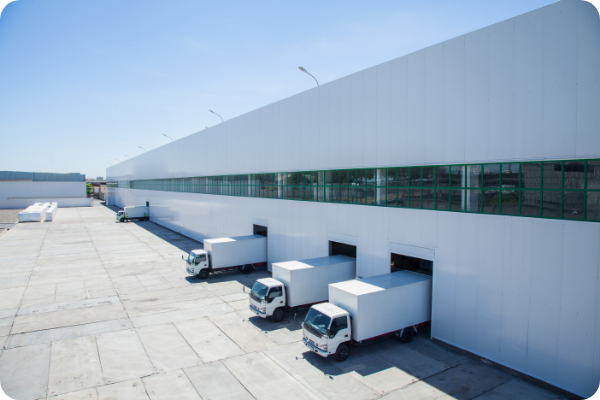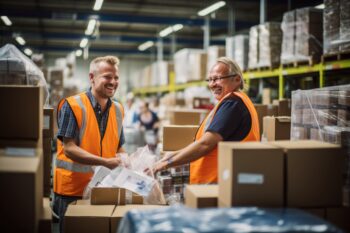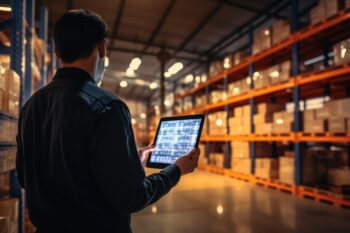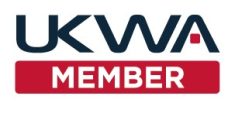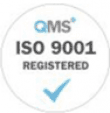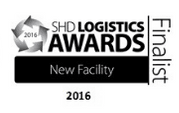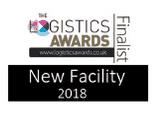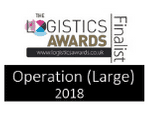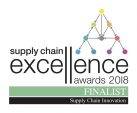How Digital Asset creation on Blockchain is fundamental to data-driven change
A 2020 report by KPMG emphasised that “Organisations must fundamentally change how they view and use data, to capitalise on data’s full potential.” In effect, this requires a shift in perceptions of data infrastructure from a cost to a profit centre as well as a corporate asset across the organisation.
In the first of our 4-part series on Blockchain in Supply Chain, we showed how the technology’s state-of-the-art encryption techniques enable a product’s “authenticity” to be captured at source of production. Then, once this truthful and tamperproof product record is made visible throughout the supply chain, efficiencies and cost reductions emanate by stripping away expensive compliance regimes and the need to duplicate audit, inspection and reconciliation processes.
In this latest article, we focus on the value of data and the concept of creating a digital version of a physical product on Blockchain – referred to as a “digital asset” – and examine how this critically supports a company’s data infrastructure with significant business benefits ensuing.
In simplest terms, a digital asset is a record of a product that is stored digitally and includes multiple authentication factors, unique to the product, which guarantee its authenticity. Again, Blockchain technology has a critical role to play in capturing the “truth” underpinning a digital asset’s creation.
The Value of Data
Increasingly companies are investigating new ways of interrogating data and developing long-term business strategies based on (for example) supply chain predictive analytics that such technologies as artificial intelligence and machine learning allow.
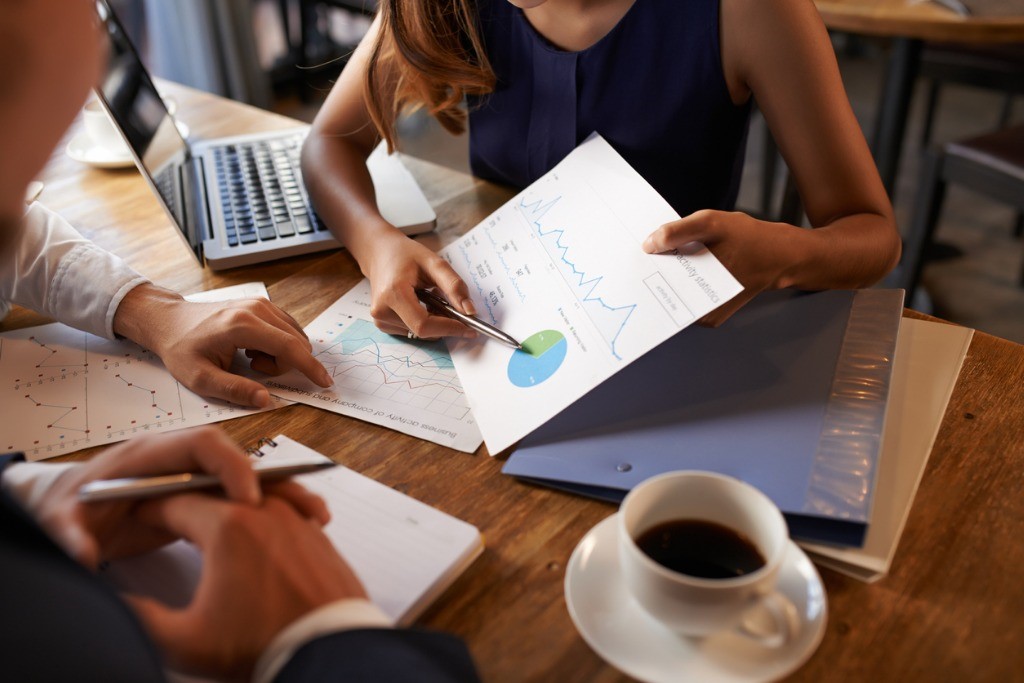
The integrity of data is integral to this process and the data’s value. However for most companies, traditional databases are populated with data which is variously out-of-date, incomplete or inaccurate. Utilising Blockchain as a store of truthful data from the start of the supply chain is therefore vital to laying the foundations of a business’s data structure, enabling advanced analytics to be conducted and indeed, making data reporting much easier via user-driven dashboards and simpler views.
What we have found is that the digital asset version of a product and its associated data can be significantly more valuable than its physical representation – a somewhat surprising effect to many. For example in the protein value chain, the animal itself has (in crude terms) a finite life-cycle when it is broken up into constituent parts and consumed whereas the digital version and its underlying data/ properties are persistent over time. This persistence and truthful product data enables complete transparency, visibility and availability of the asset across the entire value chain in near real-time which can drive significant impact for brands as well as for business operations holistically. As data flows through the supply chain, it creates a lake of truthful data that can be sold, leveraged and interacted with.
Taking our protein example, the digital version of the animal is of interest and adds value not just to the supply chain (analytics, reporting, predictions) but to other various stakeholders commercial and otherwise e.g. genetics companies, banks, lenders and insurers and agricultural feedstock companies and many more.
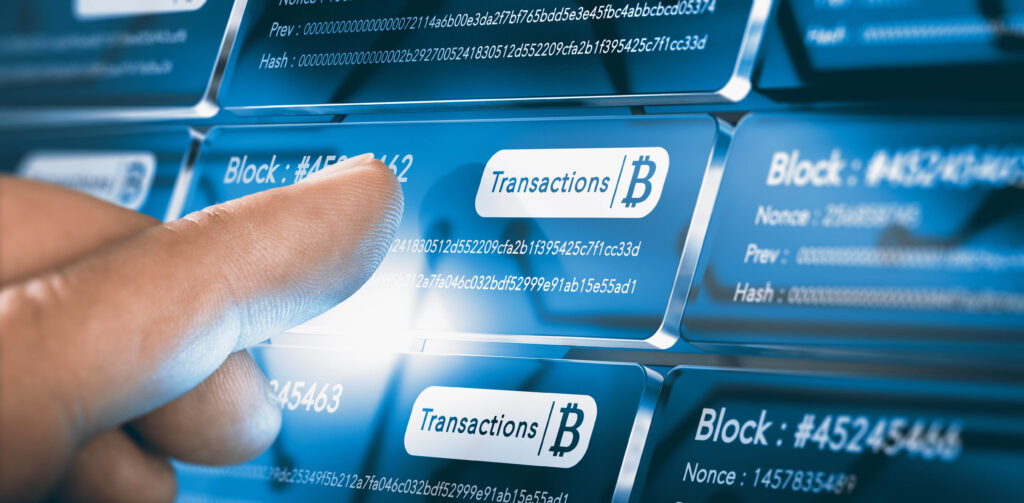
Financing and Ethical Trading
In the context of financing a business, digital asset data has a critical role to play in re-assuring lenders not only of propensity to repay a loan but the integrity of the business and its underlying assets. Data stored on the Blockchain provides immutable proof of a business’s operations including, as lenders increasingly require to see, proof of ethical trading policies. In this instant, Blockchain can show from source of production and for each product that (for example) raw materials are being sustainably sourced and a fair trade policy is being adhered to, based on immutable proof of workers being paid xx% higher than statutory minimim wages. Blockchain therefore enables businesses to actively “show” prospective parties how they operate and not just “tell” them.
Blockchain can equally be leveraged within Agriculture and similar industries to meet or exceed carbon footprint monitoring and track slurry utilization, methane targets and water utilization as well as substantiate recycling and circular economy initiatives.
Ultimately, it can underpin a platform for the tokenization of assets that can enable the development of trading spaces, futures markets and investment vehicles.
Reducing Food Waste
 Within fresh produce, precise data can be built up over time (and stored on Blockchain), allowing detailed analysis of where and when food waste is occurring at a pallet, case or unit level from harvest to packaging and distribution to the point-of-sale. Leveraging emerging tech like IOT (internet of things), smart sensors, RFID chips, audio and video streams provides a further exciting layer of analytics in real-time.
Within fresh produce, precise data can be built up over time (and stored on Blockchain), allowing detailed analysis of where and when food waste is occurring at a pallet, case or unit level from harvest to packaging and distribution to the point-of-sale. Leveraging emerging tech like IOT (internet of things), smart sensors, RFID chips, audio and video streams provides a further exciting layer of analytics in real-time.
Enhanced Consumer Communications
Via product markings, QR codes and/or other smart devices, consumers are enabled to access data stored on Blockchain to trace the provenance of products back through every step in the supply chain to original production date and location. Similarly, “digital storytelling” via these devices can be used to communicate a brand’s heritage and rich brand story, enhancing the customer brand experience.

